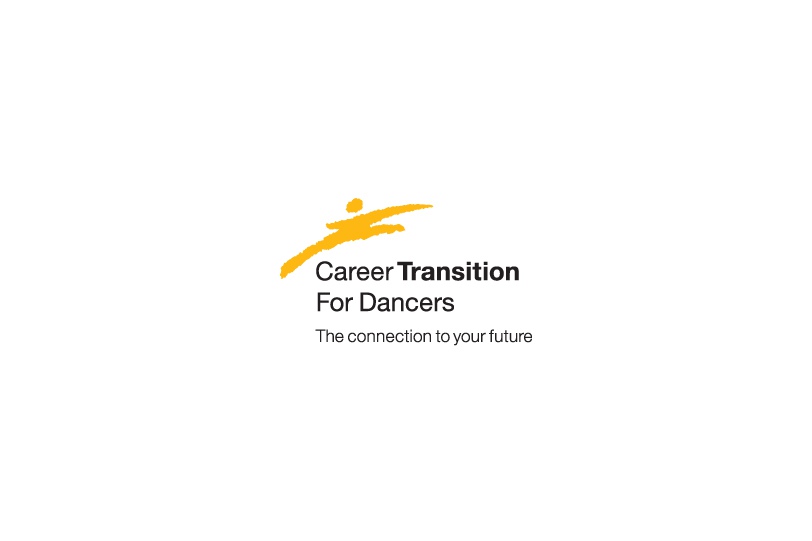
Tony Honor 2013: Career Transition for Dancers
After spending years, if not decades, as a professional dancer, these talented performers can find that their careers have come to an end, whether through age or injury, and a new journey must start. For the past 28 years, Career Transition For Dancers has been there to offer services, guidance, and support to theatre folk – and their unique contribution to the industry has earned them a 2013 Tony Award Honor for Excellence in the Theatre.
“I was stunned when I heard the news,” says Executive Director Alexander J. Dubé. “I know it sounds like a cliché, but it was just an amazing moment.”
The organization arose from a conference held in 1982 at Lincoln Center, chaired by the legendary Tony Award®-winning choreographer Agnes DeMille, which was designed to find ways to help dancers make use of their individual backgrounds, talents and skills on and off the stage. CTFD was officially founded in 1985 by Edward Weston and administered as an initiative of The Actors Fund in New York City until 1988.
Although CFTD has grown immeasurably in the past three decades, including opening offices in Chicago and Los Angeles, its core vision hasn’t changed. “The organization has a very simple mission,” says Dubé. “We enable dancers to define new career possibilities in a variety of disciplines.”
A former dancer himself, Dubé is aware that CTFD’s clients often face different challenges than other members of the performing arts. “As a dancer, your entire daily schedule is taken up by dancing, sometimes even until 11:00 p.m. on a performance night,” he says. “And you’re a part of a ‘tribe’; you’re with the same people every day. So imagine all of this just suddenly stopping, coming to a screeching halt for whatever reason, and you have no idea how to begin to rebuild yourself or your career.”
Making Changes
Clients can use any number of CTFD’s services as they try to navigate the next step in their life. “We have aptitude tests you can take to show that you have transferrable skills that can apply to other types of work,” he says. “And we have many groups and individual counseling that are available to all of our clients.”
Among the many counselors employed by CTFD is Lauren Gordon. “Our one-to-one sessions are the heart of what we do, and we offer them at no cost to the dancers for as many sessions as they need. We can do them in person or by phone,” says Gordon. “We know that everyone who is coming to CTFD is in a different point in their life cycle. Sometimes, we just need to talk about the emotional side of making this change. It can be very stressful. Dealing with that can be important before we even get to career planning. But we also do career assessments, and can help you plan a three-to-six month strategy.”
Gordon is also a major proponent of CTFD’s many groups and joint programs. “One of my favorite programs is called ‘Career Conversations.’ We convene panels of dancers and other experts to talk about going back to school, arts therapies, and their new careers. It’s also available on video through our website, so people all over the country can view it,” says Gordon.
“We also have a special group for people who want to become entrepreneurs,” she adds. “There’s our ‘Diamond Group’ for our more mature dancers to share their experiences. And we sponsor programs with other organizations like Dancers Over 40, the Broadway Business Alliance, and the Actors Fund. Then there’s my favorite event, the annual Sardi’s Luncheon for Broadway Dancers, which is underwritten by the Shubert Organization. It happens between shows and allows dancers to share their inspirations with each other.”
Scholarships, Grants, and More
CTFD also provides thousands of dollars in scholarships and grants, primarily through the Caroline H. Newhouse Scholarship Fund, which provides money for dancers who are starting a new business or going back to school, and the Sono Osato Scholarship Program for Graduate Studies for dancers who are pursuing post-Bachelor degrees in areas other than dance, notably law, medicine, and psychology.
One of Dubé’s initiatives was to begin preparing dancers early in their careers – even before they have their first professional job – for the inevitability of being ready for their second act. “Since I came aboard as Executive Director in 2001, we have been reaching out to students, apprentices, and other pre-professionals to heighten their awareness that a dancer’s longevity is limited,” he says. “We want to prevent these people from having a crisis later, so we need to remind them that there are things they can do from the beginning to prepare themselves for the next step. Our goal is to make sure you can be the best success you can be throughout your whole life.”
For more information, visit CareerTransition.org.





